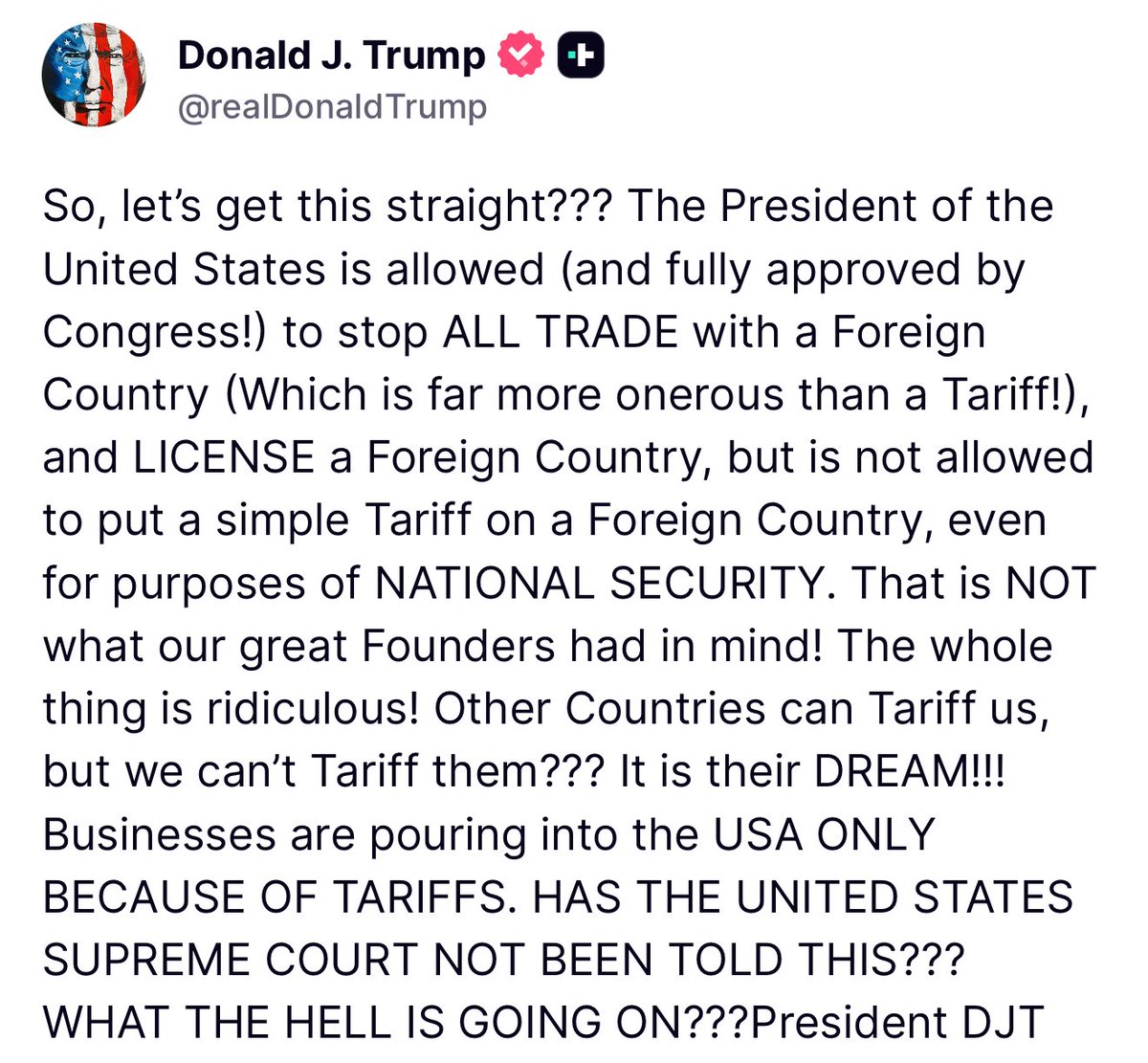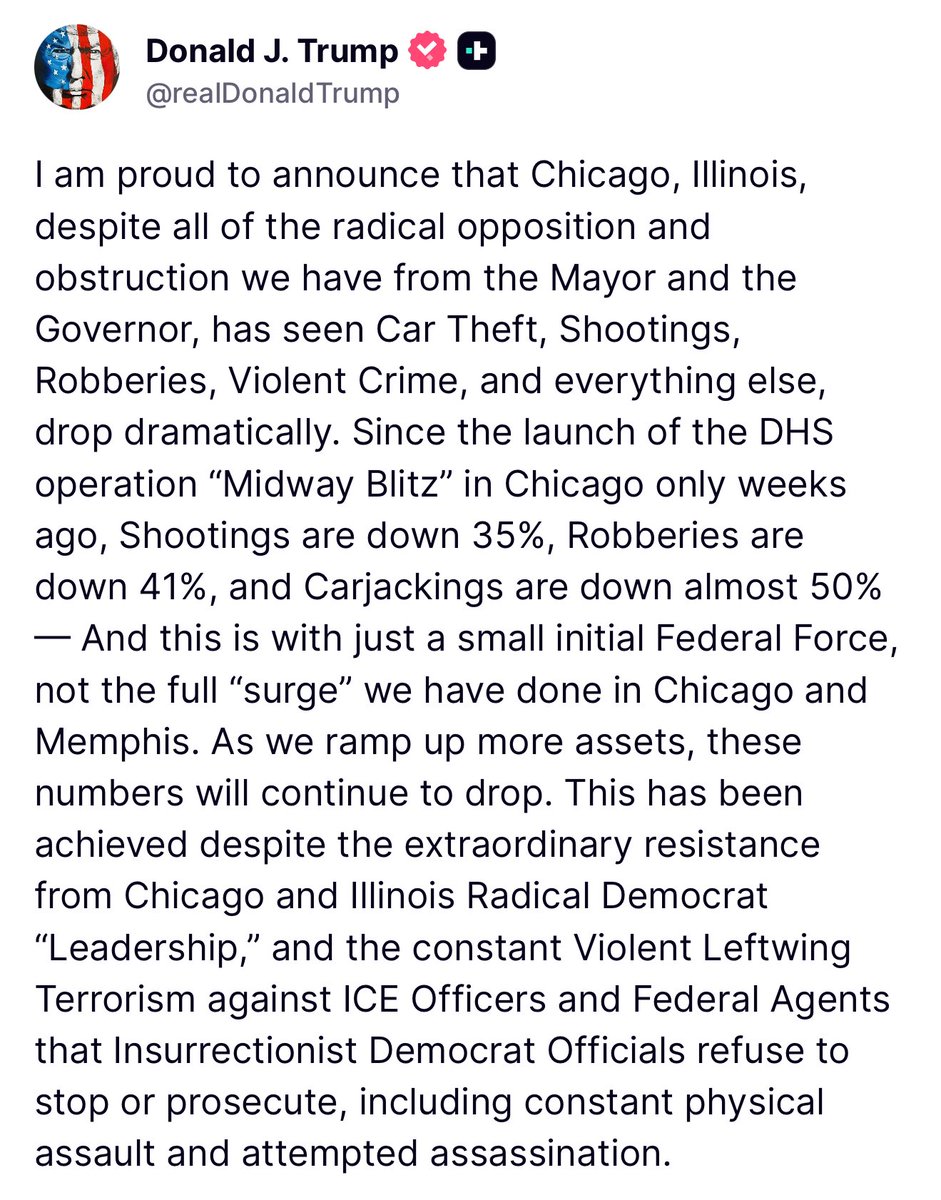Trump Criticizes Supreme Court Over Tariff Case Decision
Former President Donald Trump has publicly expressed his discontent with the recent decision made by the Supreme Court regarding tariffs, raising questions about the balance of trade authority between the executive branch and the judiciary. In a series of statements, Trump questioned the court's understanding of the powers granted to the President by Congress, particularly in relation to national security and trade policy.
In his remarks, Trump emphasized that while the President has the authority to halt all trade with a foreign nation, the same level of authority does not extend to imposing tariffs. “So, let’s get this straight? The President of the United States is allowed (and fully approved by Congress!) to stop ALL TRADE with a Foreign Country, which is far more onerous than a Tariff, and LICENSE a Foreign Country, but is not allowed to put a simple Tariff on a Foreign Country, even for purposes of NATIONAL SECURITY,” he stated. He further criticized the ruling, asserting that it contradicts the intentions of the nation’s Founding Fathers.
Trump's comments reflect a broader frustration among some policymakers regarding the limitations placed on trade measures that can be enacted by the executive branch. He argued that the current situation is “ridiculous,” noting that while other countries can impose tariffs on U.S. goods, the United States faces restrictions in reciprocating those actions. “It is their DREAM!!! Businesses are pouring into the USA ONLY BECAUSE OF TARIFFS,” he added, suggesting that tariffs have played a significant role in attracting foreign investment.
The Supreme Court's decision has reignited the debate over trade policy and national security, with implications for how future administrations may navigate similar issues. Trump's comments underscore the ongoing tensions between the executive and judicial branches regarding trade authority, a topic that remains critical in the context of global economic relations.
As the discussion continues, the implications of the Supreme Court's ruling and Trump's response may shape the future of U.S. trade policy and its approach to international relations.



